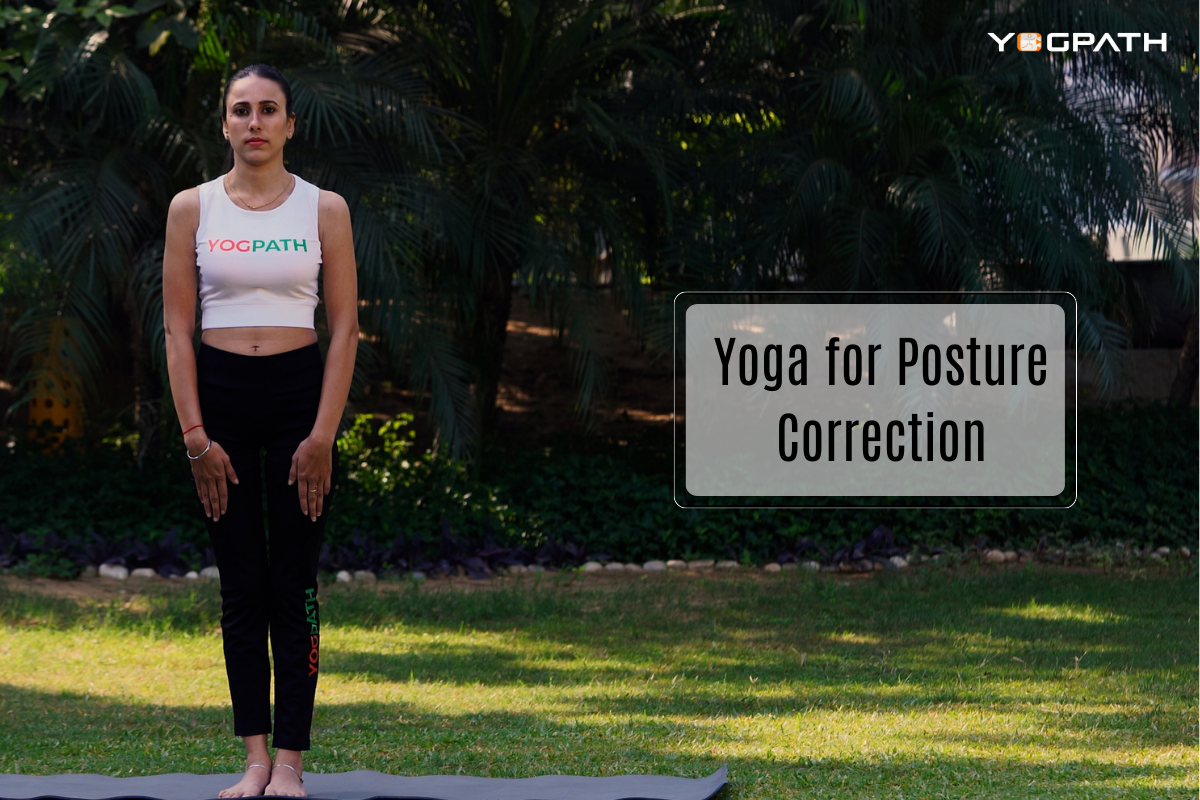
The winter season is a time for large celebrations in many nations around the world. Additionally, social events like family dinners and cocktail parties with lots of food and desserts are held to celebrate holidays. And also, those who work frequently participate in a variety of holiday celebrations related to their jobs, where high-calorie foods and drinks are served.
Researchers believe that increased calorie intake throughout the holiday season is the primary cause of winter weight gain. Larger serving sizes and increased intake of high-calorie foods and drinks like sweets and high-fat foods may be to blame for this.
For instance, the majority of holiday social gatherings feature calorie-dense meals and sweet treats like pies, cakes, and cookies. Winter weight gain may lead to long-term weight increase.
Decreased Physical Activity to Lose Winter Weight Gain
Along with consuming more calories around the holidays, many people become less active in the winter.
Lower levels of exercise result in fewer calories burned, which leads to weight gain. This might be due to the change in season, shorter days, and increased social engagements around the holidays leaving less time for exercise. This makes sense, particularly for people who reside in regions with chilly winters.
Although a decline in physical activity might contribute to winter weight gain, studies have shown that an increase in calorie intake is typically the primary cause of winter weight gain.
Other Causes of Weight Gain
Seasonal Affective Disorder (SAD), also referred to as the “Winter Blues,” affects some people.
SAD is a form of depression that only happens at certain times of the year, typically in the winter. SAD can range from mild to severe and has a big impact on quality of life.
The loss of daylight is thought to trigger alterations in hormones and neurotransmitters, as well as variations in sleep patterns, which are thought to be a major cause of SAD. SAD symptoms include low energy levels, depression and drowsiness, increased appetite and increased cravings for sweet and calorically dense foods. Due to these symptoms, some SAD sufferers may put on weight throughout the winter.
5 ways to shed winter weight gain
Stay Active
Staying active should be your primary priority, regardless of the season. Sedentary living not only adds to your weight but is bad for your health as well. Even though going outside might be the last thing on your mind, keep moving.
Exercise can improve your mood and lessen your risk of heart and circulation disorders in addition to making you feel more enthusiastic about changing your diet. The act of leaving the house might sometimes serve as a helpful diversion from munching. Schedule some time for exercise each week and make the most of any occasions to walk farther or take the stairs.
Stay Hydrated
Staying hydrated is one of the most essential methods to prevent weight gain. We frequently neglect to drink water, especially during the winter. We don’t feel thirsty in winter as much as we do in the summer. So make sure to hydrate yourself properly. This not only keeps you hydrated but also prevents you from giving in to unhealthy temptations.
Lose extra kilos
If you’ve gained weight over the winter, attempt to get back on track as quickly as possible. However, try to fight the impulse to look for a quick fix and instead concentrate on slow and steady weight loss. Limit or avoid snacking and strive to eat three meals that are balanced each day. If you do snack, be sure you’re hungry and establish a strategy so you don’t act on whims. To avoid overeating, measure out your rice, pasta, and cereal.
You can lose weight by avoiding sugary drinks and alcohol because they add calories to your diet.
Eat healthy food
Make rational, weather-related and balanced eating plans. While salads may be delicious in the summer, we often prefer a heated dinner in the winter. Choose a salad that is warm and contains roasted veggies like butternut squash, onions, and peppers as well as lentils. Add some herbs or spices for flavouring. You need to fill your plate with more nutrient-dense, vitamin-rich, fibre-rich foods if you want to lose weight. Eggs, fish, nuts, seeds, fruits, vegetables, beans, and fruits can all help you feel fuller for extended periods without influencing your weight at all.
Eat low-calorie diet.
Hunger pangs are unavoidable; they are something that everyone has. While binge eating is acceptable, you must make shrewd meal selections. Eat plenty of fruits, nuts, and seeds to satisfy your hunger for a longer amount of time rather than unhealthy, processed, and sugary snacks. It’s essential to keep an eye on your calorie consumption if you want to lose weight and prevent gaining weight.
Effective portion control can help with this. Utilizing smaller plates, preparing meals from scratch, stocking up on substantial and healthy foods, and sipping water before meals can all help reduce calorie intake. Additionally, don’t forget to track your calories. It is possible with the aid of apps created especially for the task.
It is better to concentrate on your health rather than your weight loss for long-term benefits. Weight loss will take place gradually over time with an emphasis on health. People take punitive measures to try to get in shape for the summer, but it doesn’t have to be that way. The intention is to provide people with practical and widely applicable modifications. It’s not just about losing weight; the goal will always be to remain healthy.











